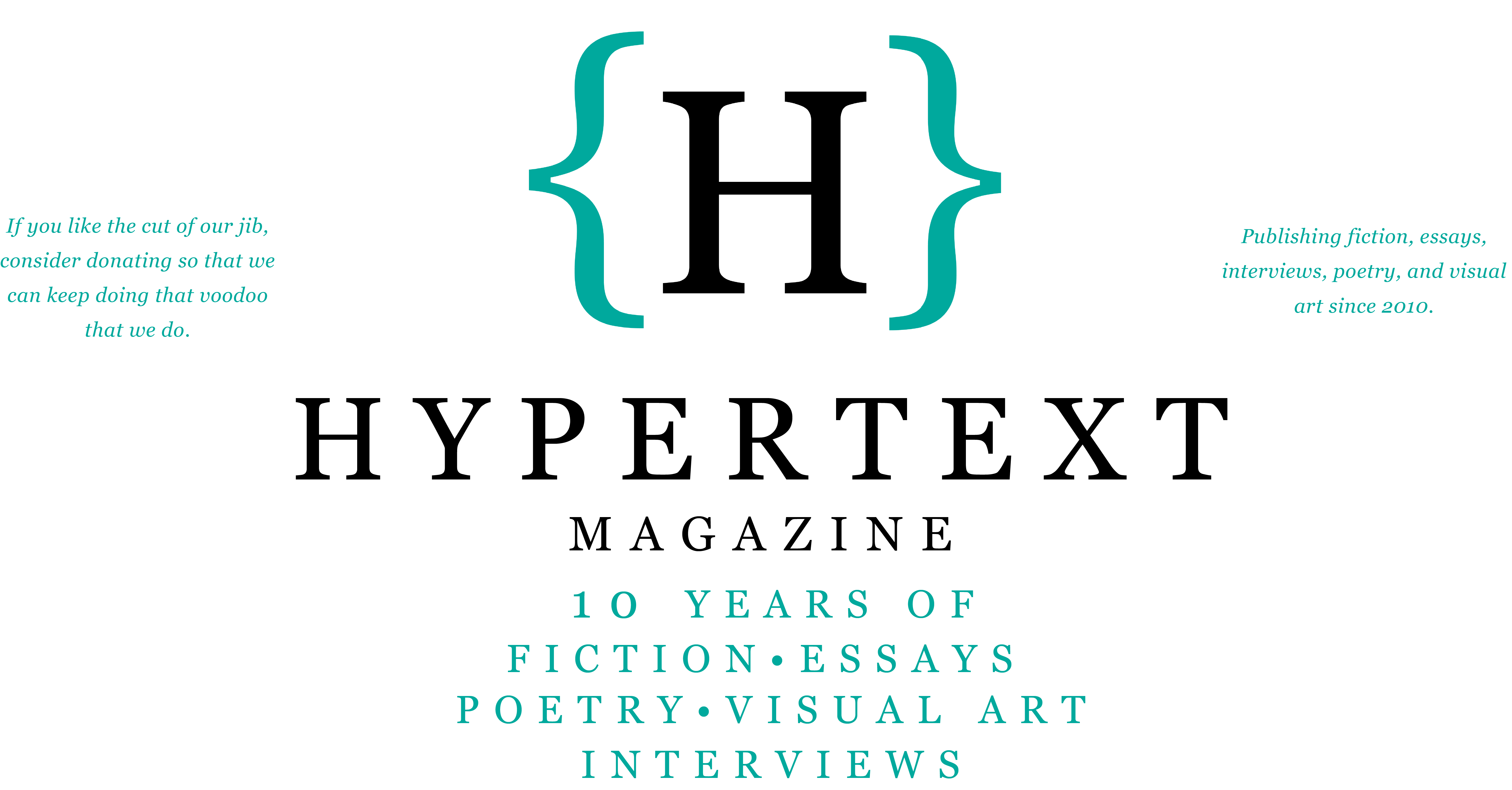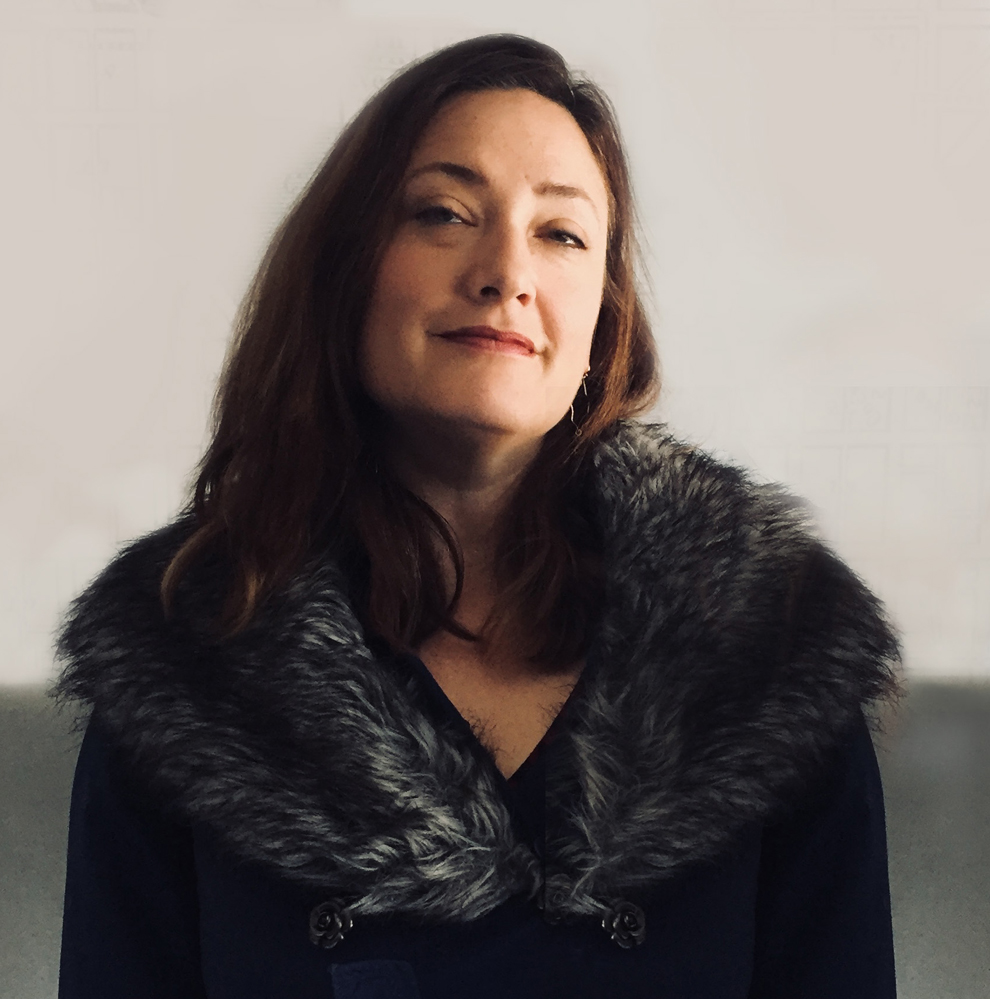A Conversation with Writer and Podcast Creator Suzanne Clores
with author Christine Sneed / Bookish
Suzanne Clores and I met in the mid-2000s when we were both teaching part-time for DePaul University and frequenting the same gym, where Suzanne also taught yoga. There is an aura of mystery and a beautiful calm about her that I’ve always admired. It’s as if she has the phone number to the universe’s secret help line where occasionally she checks in and is reassured that, appearances to the contrary, the world is not scheduled to implode anytime soon.
In her work as a writer and podcast creator, Suzanne is an expert at making the otherworldly both accessible and fascinating. She approaches her subjects with what I’d characterize as an academic point of view, her expertise informing both of the podcasts she’s created, The Extraordinary Project, and most recently, the true crime podcast Finding Dawn. For these series she’s done meticulous research, and each episode is polished and eloquently narrated.
read the interview >

ONE QUESTION: Suzanne Clores
Why do you think the conversation about extraordinary phenomena is important enough to spend years collecting stories?
In short, when it comes to stories about extraordinary things, every story contains another, untold story.
The primary, extraordinary story is usually direct and simple. Something like, I had a dream that my dad was banging on the door trying to wake me from a nap, and when I woke, I found that he had died while I was sleeping. At first I was purely curious about the metrics of those narratives; how many people experienced such events, and how often. But soon, a secondary story revealed itself that provoked me, and prompted more questions. The secondary story is much more complex. Something like, I believe my dad was reaching out to me with his mind when he was in between the mind states of life and death. But I'm also afraid to believe in such a reality. I believe our loved ones can communicate through dreams. I am also confused because there is no scientific explanation for how this happens. I am comforted by the idea that more exists in the transition between life and death, but I worry that if I tell people this story as though it is fact, they will find me disassociated or unable to properly discern fact from fiction. Because I believe in my experience, I am different. People who have not had this experience won't understand. I feel more loved but also separate from the norm, because I value the truth of my experience.
I think this conversation is important because it's a conversation for which we don't yet have enough words. What I mean is, most people I know muse or hint or speculate or joke about extraordinary experiences. Even the most open-minded people have a dissolving, novelty narrative around the topic that ends with, “I don't know.” But I think we do know on some level. I think these moments are more common and more influential in our lives than we can admit. Not everyone, and not every day, but enough people spontaneously dip into this unfamiliar psychological and sometimes physiological space, and leave disoriented. Sometimes an effect remains, people's actions and behavior shift. Sometimes sight alters, or temperature permanently drops a few degrees. Hearing changes, or people notice they have more premonitory dreams, or know someone's thoughts inexplicably. The effects are usually positive and subtle, maybe unremarkable. But they do exist. Right now, these moments aren't considered known psychology. I found out in graduate school, getting my MFA in fiction, that craft experts do not recommended referencing an Extraordinary Experience (EE) unless writing science fiction or cueing the reader to an unreliable narrator, similar to someone who is struggling with addiction or mental illness. That struck me, guiding writers away from remote parts of the human condition. I understand why. I understand the value of writing within the paradigm of known psychology. But extraordinary episodes are unfamiliar mostly because our science says they are anomalous, which means not normal, which means dangerous. The implication is, if you have one of these experiences and actually value its information, you are not dealing with a full deck. So in life, and in literary fiction writing, I understand why we are taught to deny and block and doubt and ridicule and hide these moments. They are not common. But I'm finding out with this podcast, most people understand what I am talking about. These experiences are more known than the mainstream would have us believe. I think that's because they bring with them a type of truth. And say what you want about truth, but given the choice between looking it in the face or pretending it isn't there, I'd rather look it in the face. Afterwards, I can run away if I want to.

